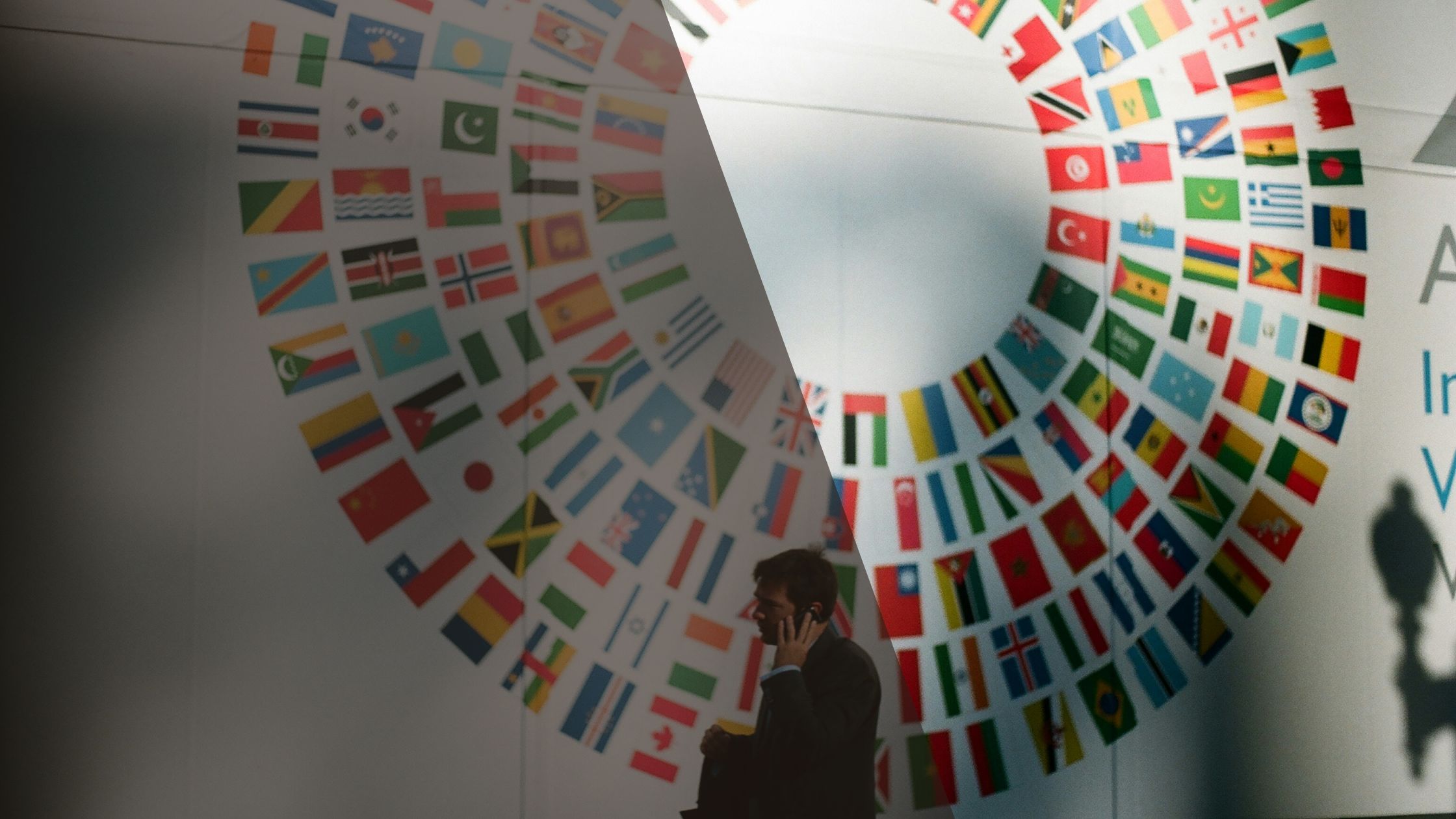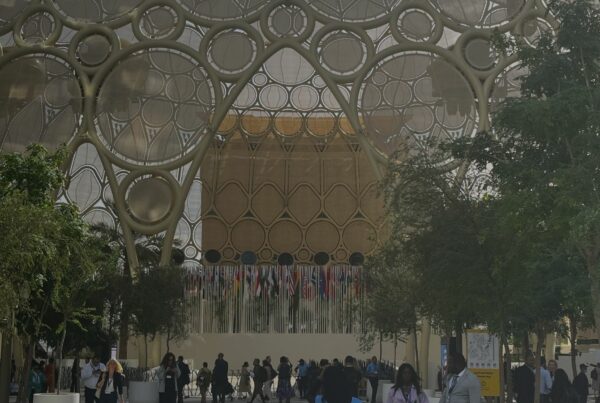The recently concluded 2024 World Bank and IMF meetings in Washington DC marked an important moment in the global diplomacy calendar, where despite a lending boost, progress on mobilising sufficient financing to address critical global challenges remained slow. While rich nations pledged $11 billion for the World Bank, the urgent need to address climate finance gaps and support developing countries persisted without a clear resolution.
Key Highlights:
- Lending Boost: Rich nations committed $11 billion to bolster the World Bank’s efforts, potentially unlocking up to $70 billion in additional funding over the next decade.
- Corporate Accountability: The World Bank streamlined its corporate scorecard to enhance accountability and measure outcomes effectively.
- Climate Finance Urgency: Despite calls for action, mobilising the $1 trillion required to combat climate change and support developing nations remained a challenge.
- Calls for Concessional Finance: Countries facing debt distress emphasised the need for increased concessional finance to tackle pressing economic challenges.
- Securing funding for the poorest countries: Ajay Banga advocated for additional financing, aiming to secure an extra $100 billion for the International Development Association (IDA) to support low-income countries.
- Private Sector Partnership: Emphasising collaboration, the World Bank pledged, alongside the African Development Bank, to provide electricity access to 300 million people in Africa by 2030 through private sector involvement.
- Global Economic Turbulence: IMF highlighted the substantial economic losses and debt burdens faced by developing nations, urging for comprehensive solutions.
- Expert Review on Debt and Climate: A new independent review explored the intersection between sovereign debt and climate change, proposing innovative solutions like debt-for-nature swaps and sustainability-linked bonds.
- Billionaires Tax Initiative: Discussions on international taxation for climate action, including a proposed billionaires tax, showcased efforts to mobilize resources for critical global issues.
Insights and Quotes:
-
- Rachel Kyte underscored the need for intensified efforts, stressing that current support falls short in addressing the escalating challenges of climate change.
“…many countries find themselves in a hole that climate change deepens and widens every year. Yet the support even the improving system provides are teaspoons for digging out. Shareholders need to do more.” - David McNair urged for substantial policy reforms and increased financial commitments to effectively tackle climate change, conflict, and human development.
“G20 governments have clearly got the memo that things need to change to meet the challenges of climate change, conflict and human development. But it’s still too small and too slow to really meet those challenges. We need real money and policy reforms on the table as soon as possible.” - Pepukaye Bardouille stresses the $3 trillion funding gap for SDGs and climate crisis, urging Global South advocacy for reforms and increased IDA funding. “There has certainly been some good progress in the past few months. But the fact remains there is $3 trillion gap in funding to achieve the SDGs and address the climate crisis. Frankly, what is missing is more concerted and consistent agitation on the part of the Global South for the necessary reform measures that will allow funds to flow to the most vulnerable among us. IDA must be tripled by 2030. Low-income and the most vulnerable middle-income countries need concessional, 50-year loans to become more resilient.
- Rachel Kyte underscored the need for intensified efforts, stressing that current support falls short in addressing the escalating challenges of climate change.
As global leaders navigate these challenges, the urgency to accelerate progress remains paramount. The outcomes of these meetings serve as a clarion call for concerted action and transformative initiatives to address the pressing issues facing the world today.





